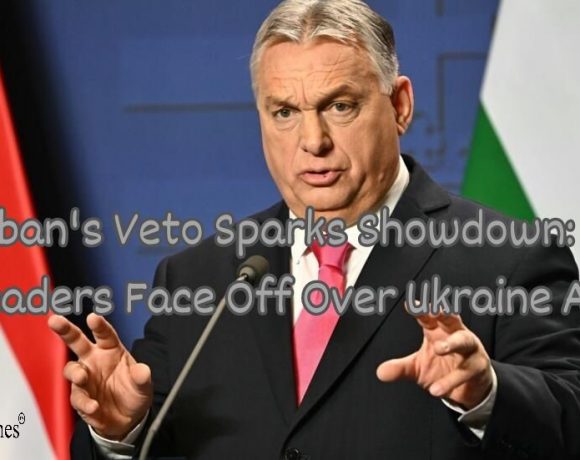
Georgia’s parliament is on the verge of passing a highly controversial “foreign agent” law, despite facing significant opposition from both within and outside the ruling Georgian Dream party. Critics of the proposed legislation, often referred to as the “Russia law,” argue that it poses a severe threat to civil liberties within the country.
The bill has sparked weeks of mass protests, with thousands of people gathering near the parliament building to voice their opposition. Protesters fear that if the law is enacted, it could be exploited by the government to suppress dissenting voices and undermine Georgia’s aspirations to join the European Union.
Prime Minister Irakli Kobakhidze has remained steadfast in his support for the bill, vowing that it will pass despite the ongoing protests. He has issued warnings about the consequences of not implementing the law, drawing parallels to the situation in Ukraine without providing specific details.
President Salome Zurabishvili, although an opponent of Kobakhidze, has expressed her intention to veto the law. However, Georgian Dream holds sufficient parliamentary support to override her veto, indicating that the bill is likely to be approved.
The proposed legislation would require NGOs and independent media outlets that receive more than 20% of their funding from foreign sources to register as organizations with foreign interests. They would be subject to government monitoring and could face significant fines if they fail to comply with the regulations outlined in the law. Critics argue that this would create a chilling effect on freedom of expression and civil society in Georgia.
Picture Courtesy: Google/images are subject to copyright

